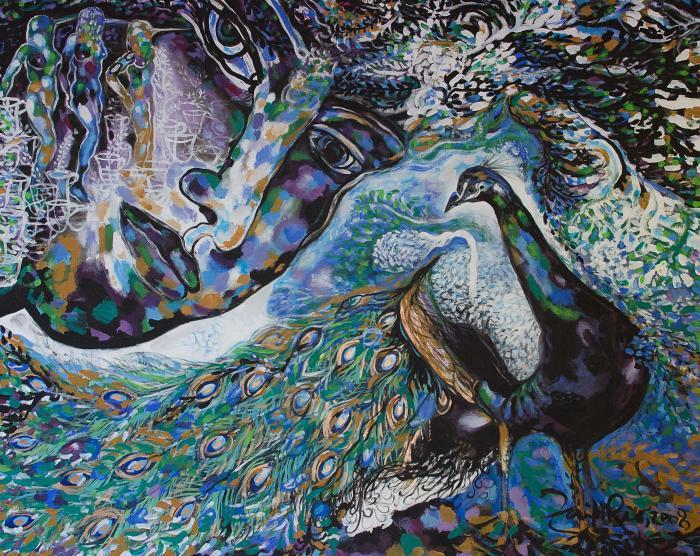Circumstances change; principles do not. The Cuba of 2022 is not the same as it was two years ago, but its essence, what we are and what we want to be, cannot be distorted no matter how many obstacles, unforeseen events, external pressures (the blockade and the economic, commercial and financial war are not fiction) and internal inadequacies we face. And a substantial part of what we are and what we intend to be is related to cultural life and a policy that favors and leads processes that foster our culture’s vitality.
Granma’s Cienfuegos correspondent Julio Martínez Molina, reported, in a February 10 article, the controversial and for many irritating intention of a private venue owner to charge an exorbitant price for tickets to a performance by a so-called urban music duo, and opened a window for reflection, when he appealed for "more consistency between economic transformations and the implementation of cultural policy."
Let's skip the facts that gave rise to the report. Addressing the question of consistency, it should be stressed that the basic postulates of Cuba’s cultural policy remain unchanged. Not by decree or imposition, but because they are based on traditions and conquests deeply rooted in our evolution, and on irrevocable aspirations and projections, closely linked to our revolutionary program of emancipation, decolonization, de-alienation and dignification of human beings.
What has varied is the interpretation and implementation of this policy, and the capacity of promoters and participants to assume it creatively and responsibly, without being dogmatic or schematic, as has been the case more than once, diverting its course.
If the principles of our policy include recognition of the role of culture in driving and guiding socioeconomic processes, it is imperative to, at the same time, explore how socioeconomic processes influence and can determine the quality of culture.
Even before new economic actors began to operate in Cuban society, before micro, small and medium-sized enterprises were approved and non-agricultural cooperatives became widespread, in the dialogue between cultural institutions and creators' organizations - the Union of Cuba Writers and Artists (Uneac) and the Hermanos Saiz young artists association (AHS) - the issue of the relationship between the production and distribution of cultural goods and the economy’s non-state sector (discotheques, nightclubs, recording studios, art galleries, printing houses and any other space or service providers related to the activity) was put on the table more than once.
Regardless of progress - which there has been - and pending issues - many more than desired - what has become clear on both sides is that cultural policy is indivisible. A piece-meal, fragmented cultural policy, manipulated on the basis of segmented interests, cannot work. This applies not only to the non-state sector but to all. Not infrequently, within our cultural institutions themselves, in the mass media, at tourist facilities and in public spaces, a regrettable lack of consistency between policy and reality can be seen.
In the field of music, to focus on an area in which much of what we are discussing is relevant, coherence between policy and social practice involves the structural and functional reshaping of the organization and management of its participants and productions, something that has been delayed too long over time, and was demanded by delegates to the IX Uneac Congress and noted at the closing of the gathering by the President of the Republic, Miguel Díaz-Canel Bermúdez.
Another of the most pressing challenges in the field of culture involves the training of management cadres at the local level, specifically at the municipal level, given that this is where the economic and social life of the nation unfolds. This training that should not be limited to cadres directly linked to cultural institutions, but to all municipal cadres. Training that must not overlook building sensitivity and awareness of the role of culture.
A decade ago, the Communist Party of Cuba’s First Conference was held. It is worth remembering two of the objectives approved there (58 and 59), in which the consolidation of the Revolution’s cultural policy was proposed, as defined by Fidel in his 1961 Words to intellectuals, characterized by the democratization of access to culture in a climate of unity and freedom; and the exclusion of mercantilist approaches or others of a different nature that distort cultural policy. Beyond their content, we are always challenged to find the best ways to express the spirit of these currently relevant objectives.
Developing a meaningful, responsible, coherent cultural policy


Deje un comentario